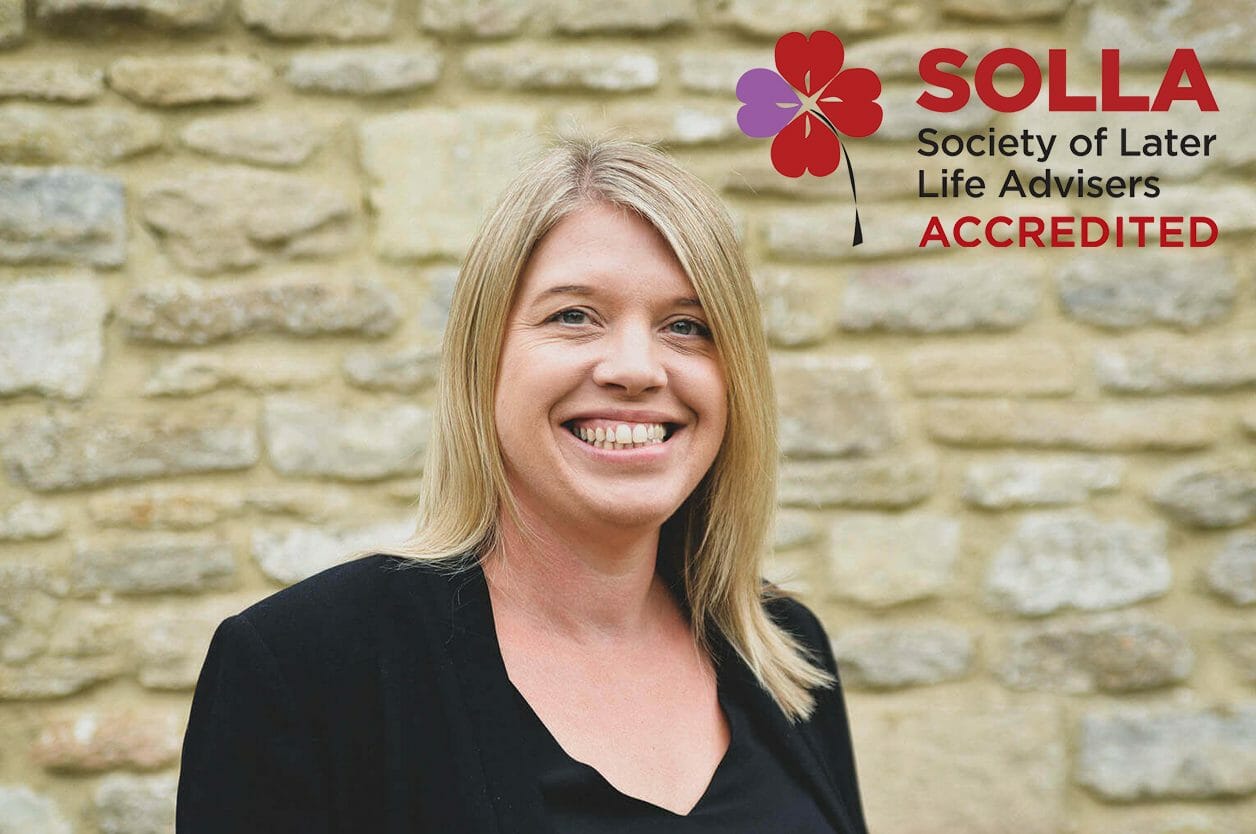London-based Chartered Financial Planner, Sophie Haslehurst, discusses a case study in which she helped a business owner optimise his pension contributions to save corporation tax and grow his retirement fund.
Pensions are an incredibly tax-efficient way of saving for retirement, but they can also benefit businesses. When set up effectively, you may be aware that workplace pension schemes can offer valuable National Insurance Contribution savings for both employees and employers. However, business owners may also be able to utilise pension savings further to reduce corporation tax and take advantage of various tax allowances.
One of my clients, Bryan, owns a business that has been in his family for several generations and, since taking over, he has increased profits by implementing a number of streamlining efficiencies to their processes. Whilst this offered initially attractive dividends to him as the sole shareholder, increasing income payments was actually quite costly to the business from a tax perspective. Therefore, he came to me looking for alternative solutions to increase the tax efficiency of the business using these increased profits.
Firstly, we looked to review the family expenditure and income requirements. This highlighted a few key indicators, including: that he was 5 years away from his retirement goal; his children were older and no longer required the same level of financial support; and his mortgage had recently been paid off. Therefore, we agreed that we should focus on optimising plans for his upcoming retirement goals.
Upon reviewing his pension provision, I noted that he had been contributing the same amount of £200 per month for the last 10 years, regardless of any increase in business profitability. Therefore, we looked at making a large single contribution for the current tax year which would help to reduce corporation tax for the company, as well as reducing his personal income tax liability – as this would also be subject to dividend taxation if it was taken as income.
Using what is known as ‘carry forward’, the way of looking back at the previous 3 tax years to benefit from using any unused Annual Allowance, we looked at the maximum we could pay in.
The table below demonstrates how much of the Annual Allowance has been unused, showing he could have made a payment of £170,400 into his pension in the current 2023/24 tax year (allowing for the ‘wholly and exclusively’ rules). If the £170,400 was not used in this way, it would have been subject to Corporation Tax at 25%, therefore, by utilising it in this way we created a saving of £42,600. Furthermore, if it had been taken as a dividend instead then Bryan himself would have to pay a further 33.75% in Dividend Tax (as a higher rate taxpayer), totalling £57,510. This then generated a combined saving of £100,110.

Therefore, this exercise proved extremely worthwhile for Bryan as not only were we able to reduce the potential corporation tax, utilise unused allowances and save more for Bryan’s retirement, but we were also able to put those profits to further use in a tax- free environment, without any Capital Gains or Income Tax as the Lifetime Allowance tax charge is currently 0% and in the 2023/24 tax year there will not be a Lifetime Allowance.
Financial planning for business owners has many complexities involved, therefore it is important to speak with an Independent Financial Adviser who can combine their extensive knowledge of taxation, investments, pensions and more to tailor your financial plans to your individual circumstances and goals.
If you are a business owner and would like to discuss the tax efficiencies of your pension and wider financial plans, please do not hesitate to get in touch with an Integrity365 Independent Financial Adviser on 0117 450 1300.






